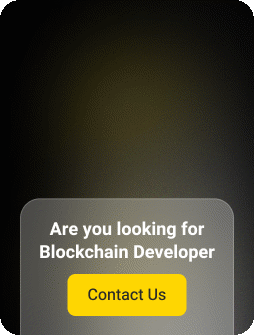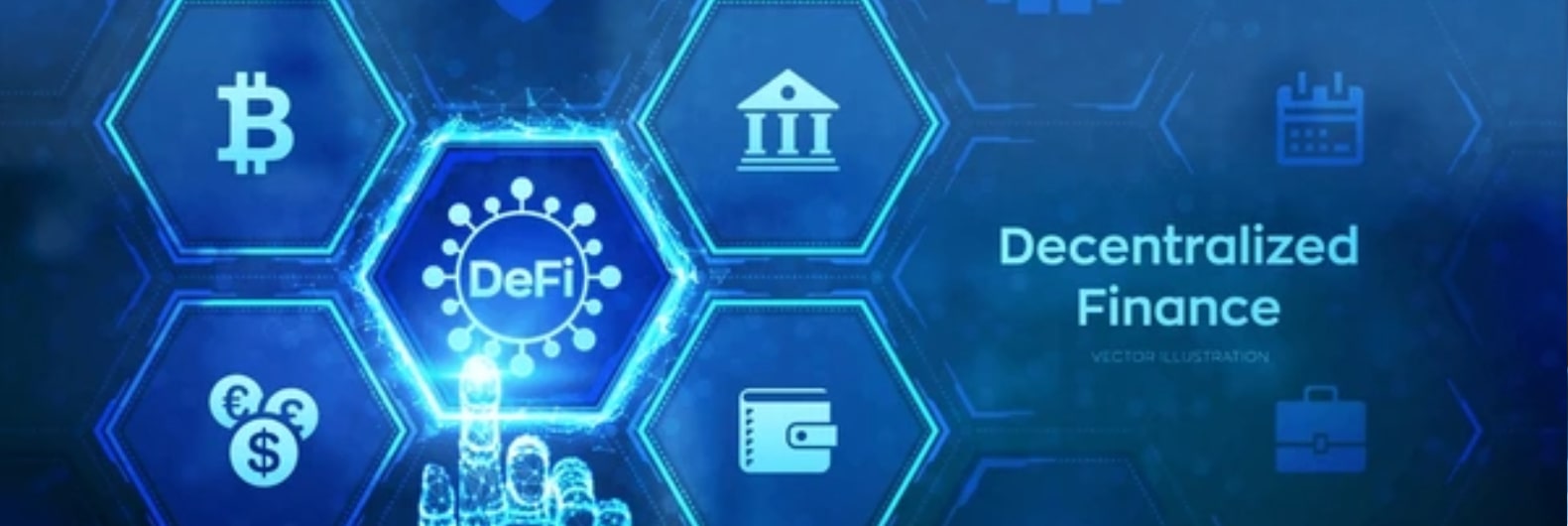Serving as the foundation for building decentralized applications on Ethereum, Solidity enables developers to define and execute smart contracts. These smart contracts are self-executing agreements with predefined rules and conditions, facilitating the exchange of digital assets and empowering the creation of complex decentralized applications (DApps) that have the potential to revolutionize industries such as finance, supply chain, and gaming.
While this provides a brief introduction to Solidity, there’s much more to explore about it, such as what distinguishes it from traditional programming languages and why it’s essential in the blockchain world.
Let’s explore.
Initially proposed by Gavin Wood in 2014, it was further developed by the Solidity team, which was led by Christian Reitwiessner.
Solidity is a programming language for implementing smart contracts.
Designed with security and functionality in mind, Solidity adopts an object-oriented approach with static typing. It is influenced by Python, C++, and JavaScript, and offers a familiar syntax to developers.
Solidity also supports essential features like inheritance, libraries, and user-defined programming, enabling the creation of sophisticated smart contracts.
As the primary language in Ethereum, Solidity plays a vital role in building Ethereum-based systems. Its applications span across domains, including voting, crowdfunding, and multi-signature wallets.
Solidity is mainly used in Blockchain-related applications. Let’s explore some important ways in which Solidity is used to greatly change different areas, such as auctions, voting, crowdfunding, and multi-signature wallets:
Auctions
Solidity programming enables developers to create smart contracts that facilitate auction processes. These contracts establish specific rules and mechanisms for participants to place bids on items or assets. By utilizing Solidity, bids are securely recorded, and at the end of the auction, the smart contract determines the highest bid and declares the winning bidder. There’s also an option for anonymous bidding and auctions.
Voting
Developers can utilize Solidity to build smart contracts that enable decentralized voting systems. In these contracts, developers can define clear guidelines and procedures for conducting a transparent voting process, allowing participants to securely cast their votes. Also, the smart contract accurately tallies the results based on predefined conditions, ensuring fairness and reliability.
Crowdfunding
Smart contracts written in Solidity are employed to implement crowdfunding campaigns. These contracts outline the fundraising goals, campaign duration, and rules for both contributors and project creators. If the campaign achieves its funding goal within the specified timeframe, the smart contract automatically releases the funds to the project creators. On the other end, contributors also can reclaim their funds, providing accountability and trust in the crowdfunding process.
Multi-signature Wallets
Solidity is commonly used to create multi-signature wallets that enhance security in managing digital assets and funds. These wallets require multiple authorized parties to sign off on transactions, adding an extra layer of protection. Using Solidity, developers can define the rules for the required number of authorized signatures, ensuring secure transaction execution and reducing the risk of unauthorized access.
Here are the advantages of solidity programming:
Safety And Dependability
Solidity empowers a Solidity Developer to create smart contracts that prioritize safety, clarity, and dependability. By following best practices and leveraging Solidity’s built-in security features, developers can enhance operational efficiency, reduce costs, and minimize the risk of vulnerabilities or malicious attacks. This level of trustworthiness is crucial in the blockchain space, where the immutability of smart contracts is paramount.
Familiarity And Ease Of Use
Solidity draws influences from popular programming languages like C++, Python, and JavaScript. This design decision ensures that developers with existing knowledge of these languages will find it relatively straightforward to learn and use Solidity. It’s also worth noting that Solidity incorporates familiar concepts such as variables, string manipulation, classes, functions, and arithmetic operations. This familiarity simplifies the transition for developers, enabling them to quickly adapt their existing skills and apply them to Solidity-based development projects.
Abundance Of Open-Source Documentation
You’ll love this. Solidity benefits from an extensive ecosystem of open-source documentation and resources. Developers have access to a vast amount of information on how applications function and practical use cases for the Ethereum Virtual Machine (EVM) and Ethereum platform. This abundance of open-source documentation allows developers to learn from others’ experiences, understand best practices, and leverage existing Solidity-based products and libraries. It also allows developers to accelerate the development process and construct more sophisticated and efficient decentralized applications.
Customizability And Feature Expansion
The last one. Solidity’s open and modular nature allows developers to customize and expand upon existing projects. For instance, if you are constructing your Decentralized Exchange (DEX) and wish to incorporate novel features like Liquidity Farming or Lending, Solidity enables you to fork the source code of established projects such as Uniswap. This grants developers the flexibility to tailor their decentralized applications according to specific requirements, modify functionality, and introduce innovative features while leveraging the foundation provided by proven projects.
You can start your journey in Solidity programming with simple and helpful resources.
Interested Solidity Programmer can check out bootcamps, where they can find immersive programs that offer hands-on learning and guidance. These programs provide a supportive environment where you can learn Solidity alongside others.
Additionally, aspirants can consider online courses that are tailored for Solidity programming. These courses allow you to learn at your own pace and cover the basics you need to know. Practice with interactive exercises and quizzes to reinforce your understanding.
Another thing that you can do to build a strong foundation is to read the Bitcoin and Ethereum whitepapers. These documents explain the basics of blockchain technology, giving you a solid understanding of Solidity’s role.
Once you have an idea of how it works, put your knowledge into action by participating in coding challenges, hackathons, and open-source projects. These activities provide practical experience and allow you to apply Solidity concepts. You should also engage with the Solidity community, attend workshops, and join discussion groups to enhance your learning and connect with others.
Don’t forget to practice regularly by working on your own projects. Experiment with smart contract development and decentralized application creation. This hands-on experience will deepen your understanding and boost your confidence.
Solidity programming offers a multitude of benefits, making it a valuable skill to possess in the realm of blockchain development. Its robustness and security features ensure the creation of reliable and trustworthy smart contracts, enhancing operational efficiency and reducing costs. And as the blockchain industry continues to evolve, Solidity programming opens up exciting possibilities for decentralized applications that can revolutionize various sectors such as finance, supply chain, and gaming.
For the future, Solidity holds great promise. With ongoing advancements and updates, the language is expected to become even more versatile, scalable, and user-friendly. On top of that, as blockchain technology becomes increasingly integrated into our daily lives, the demand for skilled Solidity developers is set to rise, presenting excellent career opportunities and avenues for innovation.
If you’re seeking guidance in understanding and navigating the intricacies of Solidity programming, look no further than Eminence Technology. Our team of experts are well-versed in Solidity and can provide the necessary support and knowledge that you need to grasp the language and excel in your blockchain-related projects.
For more information on how our developers can help you out, reach out to us!















